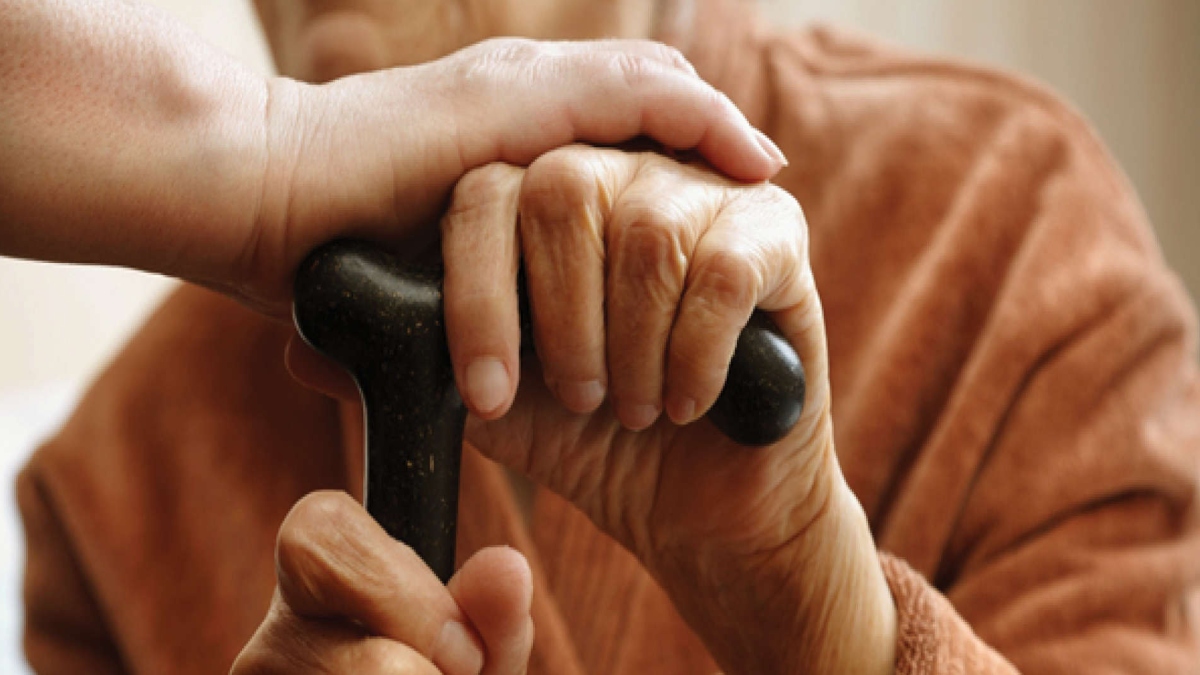Aging is associated with changes in sleep duration and quality. This is a result of changes in the body’s internal clock, the master clock located in the hypothalamus. The hypothalamus is composed of around 20,000 cells. Inadequate sleep may increase the risk of chronic diseases such as Alzheimer’s. Sleep deprivation can also disrupt circadian rhythms, which affect the body’s innate and adaptive immunity.
Sleep deprivation increases the risk of Alzheimer’s disease
Research shows that the brain is damaged by lack of sleep, and this can lead to cognitive impairment. Research by wilmacliving.com also shows that a reduced sleep schedule can lead to an elevated level of beta-amyloid, a molecule linked to Alzheimer’s disease. In addition, poor sleep can disrupt the body’s circadian rhythm, which is vital to a healthy sleep pattern.
Researchers from the Harvard Medical School examined the relationship between sleep duration and risk of dementia in older adults in the National Health and Aging Trends Study over a 10-year period. They found that people with sleep durations of five hours or less were twice as likely to develop dementia. The researchers controlled for a number of factors, including age, race, education, and other health conditions.
See Also: The Feminization of Aging and Social Mobility

The researchers also examined the link between sleep and biomarkers of Alzheimer’s disease. In one study, they found that those with poor sleep quality had lower levels of beta-amyloid in cerebrospinal fluid. This protein is an early indicator of Alzheimer’s disease. When beta-amyloid builds up in the brain, it can inhibit the communication of neurons.
It activates genes related to biological aging
New research suggests that a partial night of sleep can promote biological aging in older people by activating genes related to senescence and inflammatory disease. The findings were based on gene expression profiles of peripheral blood mononuclear cells. They found that sleep deprivation enhanced DNA damage response, cell cycle arrest, and susceptibility to senescence. The study also uncovered a causal link between partial night sleep deprivation and a range of biological aging markers and molecular processes.
These findings are based on the discovery of two new genes related to short sleep in humans. Sleep is defined as a nighttime period of four to six hours that leaves an individual feeling rested and refreshed. Researchers led by Ying-Hui Fu, a professor of neurology at the UCSF Weill Institute for Neurosciences, identified two short sleep genes and studied their functions.
The ADRB1 gene is highly expressed in the dorsal pons, a region of the brainstem involved in sleep regulation. Using optogenetic, which involves modifying cells so they respond to light, the scientists were able to activate neurons that express ADRB1 during non-REM sleep.

It disrupts circadian rhythms
The shift in circadian rhythms that occur in older people is accompanied by a range of physiological and psychological consequences. These changes include impaired cognition, increased daytime sleepiness, and insomnia. In addition, sleep disorders can increase susceptibility to neurodegenerative diseases.
The circadian clock serves as an adaptive mechanism for organisms, coordinating physiological and cellular processes with the 24-hour cycle of light. In mammals, the master circadian clock is located in the suprachiasmatic nucleus. It receives input from a variety of peripheral organs and transmits information about time of day to the other systems.
Age-related sleep disturbances are a common part of life and may play a role in the development of many chronic health conditions. They have been linked with poorer cognitive performance and increased risk of dementia.